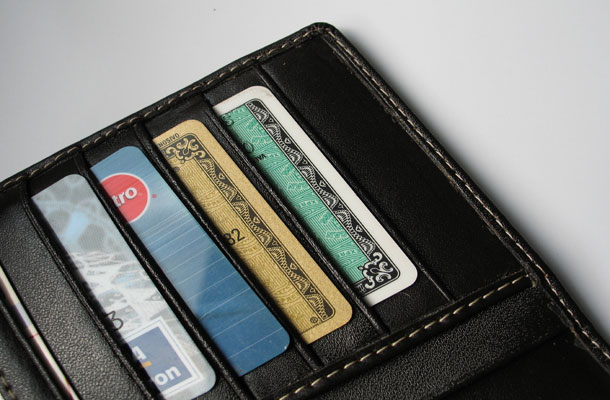Building credit for your business may seem confusing at first, and can seem to take a really long time. As complex as your personal credit might be, your business credit is just about twice as complex and can take time to understand. But fortunately for you, I will make it as simple as I can and make sure that by the time you are done reading this, you have a basic understanding of how to build your business credit and take your company to the next level.
Business credit is divided into three categories:
1. Cash Flow: The most important aspect that lenders look at when determining a business’ ability to repay, they will evaluate your cash flow, which simply means how much money in and how much money out? The more you can show good revenue and low overhead, the better your ability to repay a loan and therefore the stronger your chances of getting approved. Most banks and lenders will conservatively lend you between 10-20% of your annual revenue in an unsecured format, such as a business line of credit or business loan.
2. Long Term Growth: To obtain credit most lenders will want to know you have been around for some time, and 3 years is the magic minimum number to get your loan, you will need to show three years of positive growth and profitable tax returns. If you are at a loss, the lender will have no desire to help as their risk increases with you defaulting.
3. Other Credit Accounts: Just like your personal credit, business credit is all about past credit history and no lender likes to be the first. They like to see the other accounts that other lender trusted you with and how well you have managed them, they will also consider major supplier accounts you may have and the payment history you might have made. Making sure you do not have late payments and/or delinquencies will help you.
In brief, that is the basic outlook you will need to obtain business credit but I promised I would tell you how to build it, not obtain it. Business credit is no different than personal credit other than the fact that a lender is taking on more risk when lending to businesses rather than personal individuals, which is why you will usually hear lenders asking for personal guarantees.
Personal guarantees are not evil, it is simply a co-signer to your business. Unlike people, businesses cannot co-sign for one another instead the owner can co-sign his personal name and assets to back up his business and obtain credit. This is an important move for business owners as it is needed in the first 3 years a business a made. During the first 3 years of your business, you should start securing business credit cards that you simply add personal guarantees to. Those cards can be used and eventually grown into actual accounts as they are still under your business name and tax id but are simply approved due to your personal guarantee. Your business credit is therefore starting to build itself from a very early stage and soon will have accounts under its name, that in three years can act as reference.
In conclusion, when building your business credit, remember that your own credit is key and the start to a much better future for your business. Do not be afraid to use your own credit as guarantee, but chose wisely as you will be over extending your personal credit and debt to income ratio.
